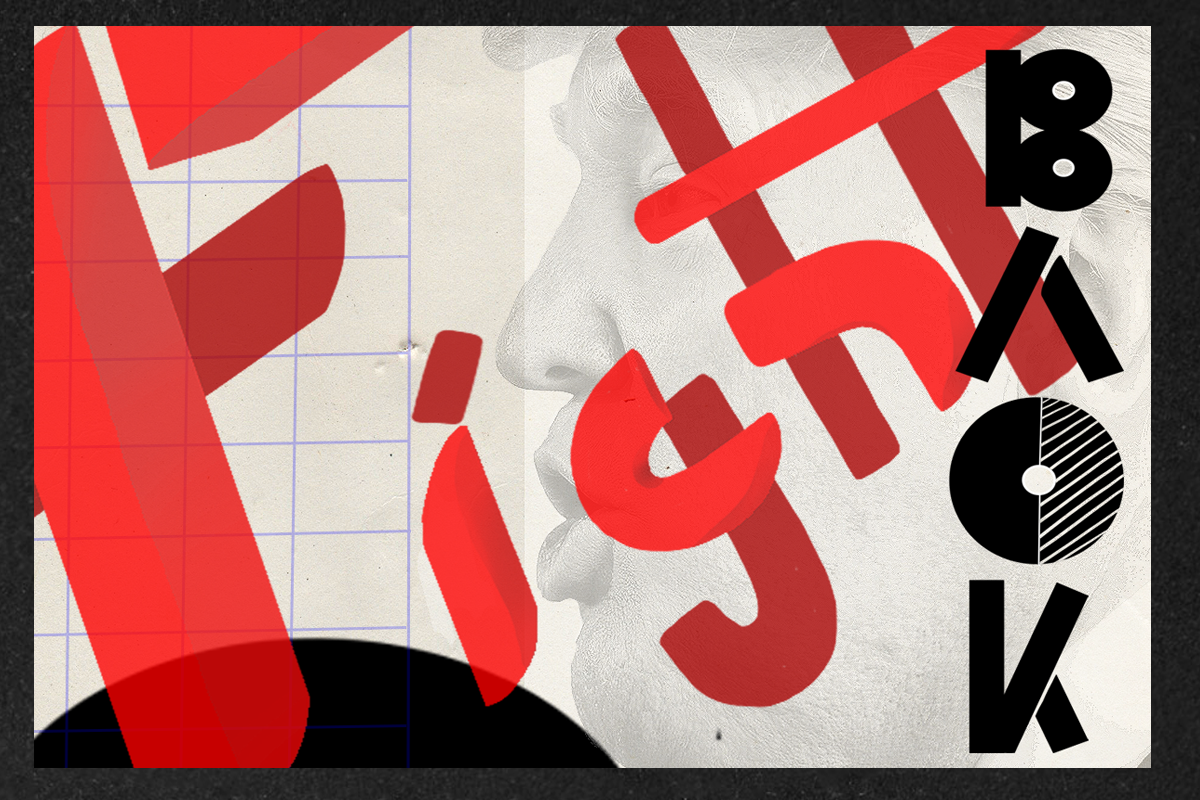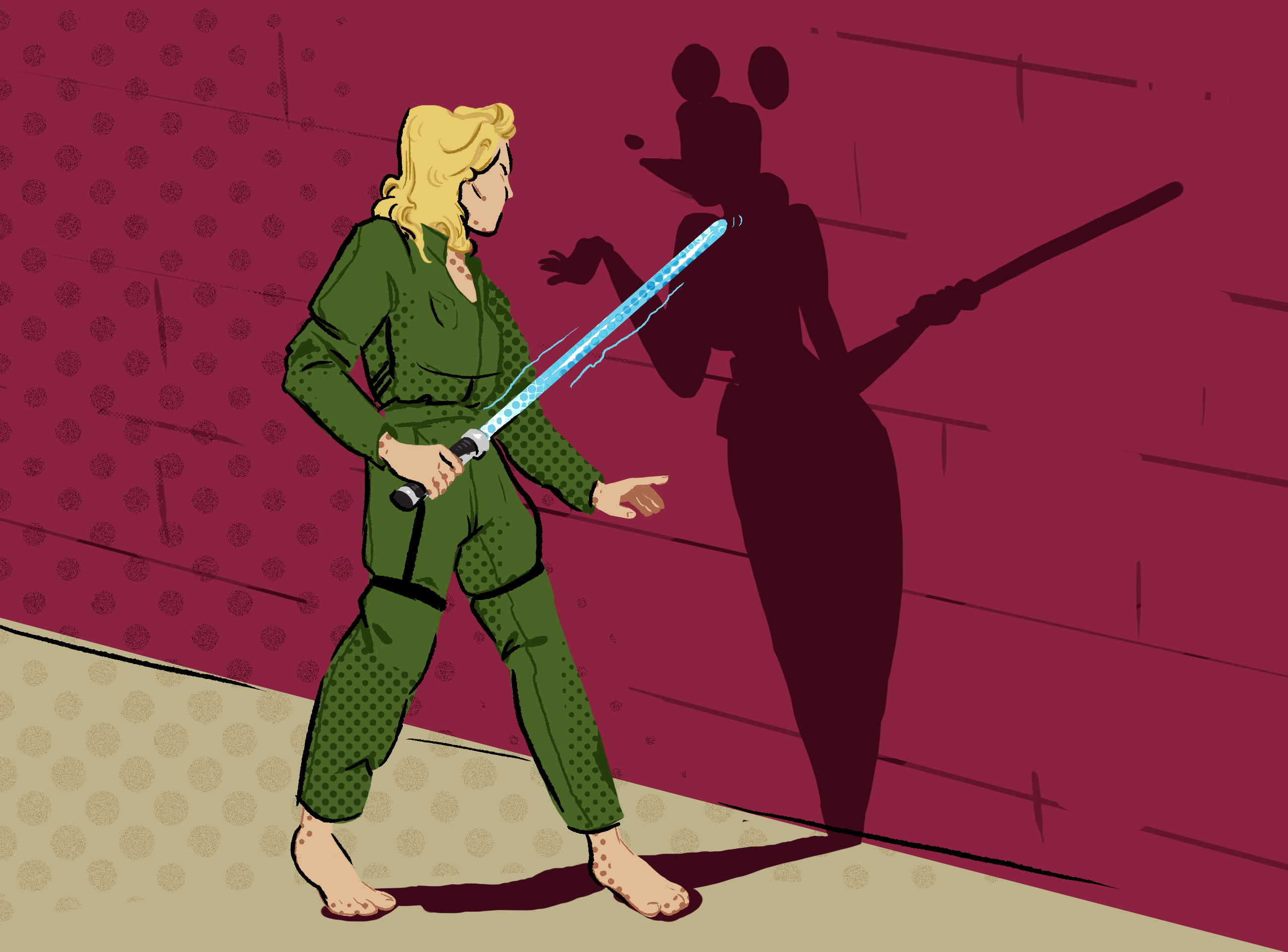
Spoiler alert: I want to talk about Trump and Hitler, and I’m going to set up the comparison from the beginning.
Both blamed groups of “others” for society’s problems and both promised to remove them from society. Both claimed that “others” are holding the country back in statements directed at the poorest members of said country. Both regularly attacked free media. Hitler ultimately dismantled any organization that didn’t report things in the same way he did. Trump tries to do the same by claiming that “fake news” should start reporting things accurately — which is to say, how he wants it reported.
None of these are new comparisons, and I know the audience most likely to read this article. You’ve been aware of these things since day one, and a lot of you have felt personally attacked by the hurricane of fallacious and false statements Trump has made from his Twitter account. This article is not a revelation, this is an instruction manual to fighting back.
You might say it’s too early to start fighting back. The Germans at the outset of Hitler’s political takeover said the same thing. While organizations like the White Rose did their best to disrupt the regime, they were quashed all too easily once Hitler had a firm hold on the government. The hallmark of democracy is dissent and dissatisfaction. So, without further ado, my Daring Deeds of Disruption:
- Dogged Disapproval – Clear, loud, unrelenting disapproval is imperative. We cannot afford to become numb to the ludicrous things that the current administration spouts on a daily basis. The instant that we as a country respond to these antics with a shrug instead of outrage is the day that we have lost. The White Rose organization was one of the few outspoken voices left in the German public after Hitler came to power, and they were dismissed — and ultimately destroyed — because too many people were numb to the changes. A numb populace does not go out and vote, and a populace that does not vote cannot change. Our populace doesn’t go out and vote now, post-Trump. If we become reticent, hope vanishes.
- Durable Dialogue – The control of information was critical to the Nazi war machine, as it is to any dictatorship or budding fascist. Luckily, we have seen the advent of an unprecedented interconnectedness through the internet. Once something is online, it multiplies and becomes impossible to hide. It doesn’t just protect our speech, it allows us to know the cruelties perpetrated upon the disadvantaged. Through our contact, the privileged can remain aware of injustice and aware of our responsibility to fix it.
- Duplicated Depravities – In 1941, Hitler claimed that World War II was over in favor of the Axis. The war would not end until four years later, and the Allied propaganda would not let the Germans forget it. Every year on the anniversary of Hitler’s claim, the Allies would drop truckloads of pamphlets on German territories, all plastered with copies of the newspaper that reported Hitler’s claim. Unlike Hitler, Trump provides his own quotes to the whole world through Twitter. Conveniently, many of his tweets from the past five to six years directly contradict his present claims and lend us plenty of ammunition to use in the argument against his mental qualifications for his job.
Briefly, I’d like to mention the most effective propaganda strategy that the Americans used in the war: the truth. The enemy had a propaganda machine guided by one man: Joseph Goebbels, who guided every leaflet, radio broadcast, film, and virulent rumor from his office. The inventions of a dictatorship are more easily believed when every message says the same thing, and Goebbels made sure that every message went through him.
To counter this, the Americans would begin dropping pamphlets on German territories — but these were no ordinary pieces of propaganda. These pamphlets contained the truth: how many soldiers were dying in the war, how many Germans were being captured, how many Allied battleships had been made that year. They even revealed what locations were to be bombed so citizens could evacuate.
Why? So the German people would know that they were being lied to. This ultimately helped the war effort, as more and more soldiers began to defect; the morale of the Nazis plummeted.
I’ll leave you with this: I want you to open up a search engine (I did this in Chrome), type in “Abram Games,” click on image search, and feast your eyes. Abram Games was a British graphic designer who gained notoriety through his stunning World War II posters that combined necessary information with snappy and colorful design. This is an artist at work who isn’t sacrificing quality in order to be political. He made what people needed him to make. So maybe, before you decide on your next piece, consider making it with the current state of this country in mind. Who knows, maybe we can end this thing before it’s too late.







